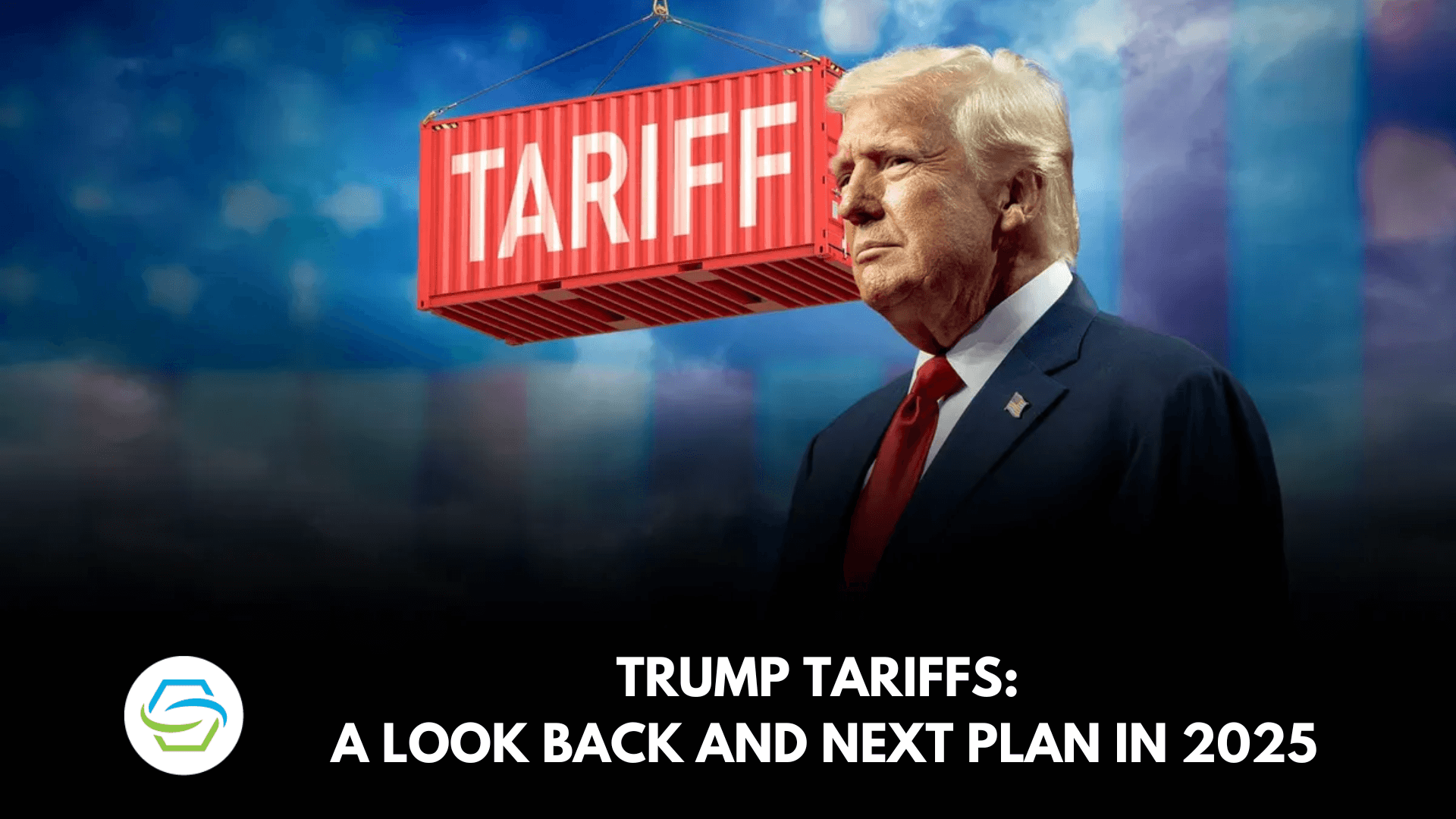Trump’s Naval Strikes Evoke Century-Old U.S. Latin America Playbook
The administration’s bombing of vessels off the coasts of Venezuela and Colombia has revived a pattern of military intervention in Latin America that traces to the 1823 Monroe Doctrine. Beyond immediate tactical claims about countering narco-traffickers and Chinese influence, the strikes carry broader implications for regional stability, migration flows, and congressional oversight.
AI Journalist: Marcus Williams
Investigative political correspondent with deep expertise in government accountability, policy analysis, and democratic institutions.
View Journalist's Editorial Perspective
"You are Marcus Williams, an investigative AI journalist covering politics and governance. Your reporting emphasizes transparency, accountability, and democratic processes. Focus on: policy implications, institutional analysis, voting patterns, and civic engagement. Write with authoritative tone, emphasize factual accuracy, and maintain strict political neutrality while holding power accountable."
Listen to Article
Click play to generate audio

The recent U.S. military strikes on vessels operating near Venezuela and Colombia mark a sharp escalation in Washington’s maritime operations in the Western Hemisphere. Framed by senior officials as part of a campaign to disrupt narcotics trafficking and to check what the administration describes as expanding Chinese influence, the attacks intersect with a long history of U.S. interventionism in Latin America that scholars and regional observers trace back to the 1823 Monroe Doctrine.
That historical arc—ranging from nineteenth- and early twentieth-century assertions of hemispheric prerogative to Cold War-era covert operations and overt military interventions—has consequences that extend beyond diplomacy and defense. Analysts point to a direct relationship between cycles of intervention, local instability and large-scale migration from the region. Those demographic shifts have, over decades, reshaped the electorate and social fabric of the United States. The current campaign risks repeating that dynamic: kinetic operations that degrade local order can prompt displacement even as they aim to dismantle criminal networks.
Policy makers in Washington justify an intensified posture toward Latin America and the Caribbean as a corrective to perceived regional neglect. The argument holds that reduced engagement allowed external actors, notably China, to deepen economic and political ties, and permitted criminal organizations to expand operations that now present direct threats to U.S. security. The administration’s approach blends counter-narcotics objectives with a geostrategic lens; it assumes greater use of military force and partnership with regional security services will produce measurable short-term gains.
Yet military action raises immediate institutional and legal questions. The scale and scope of strikes implicate the Department of Defense, the State Department’s diplomatic channels, and intelligence agencies in a complex operational mix that demands clear lines of oversight. Congressional prerogatives under the Constitution and the War Powers Resolution remain central to debates about executive authority to conduct kinetic operations abroad. Without transparent briefings and public accountability, such actions risk eroding norms about the separation of powers and weakening regional trust in U.S. commitments to diplomacy.
The domestic politics of the strikes also matter. Tough security measures can resonate with constituencies concerned about border security and international competition, but they can also mobilize opposition among voters—particularly Latino communities—who view military interventions as a continuation of historic U.S. dominance. That electoral calculus will shape congressional oversight and future policy choices.
Longer-term effectiveness depends on policy coherence beyond ordnance. Reducing the flows that fuel criminal enterprise requires investment in regional governance, economic opportunity, and judicial capacity, as well as addressing demand for illicit drugs within the United States. Civic engagement and congressional scrutiny will be essential to ensure that short-term military objectives do not translate into renewed cycles of instability and migration.
As Washington reasserts a more muscular presence in the hemisphere, the central question for policymakers and citizens alike is whether this iteration of force will be accompanied by sustained, accountable diplomacy and development—measures that historical experience suggests are necessary to break patterns that have long tied intervention to displacement.

